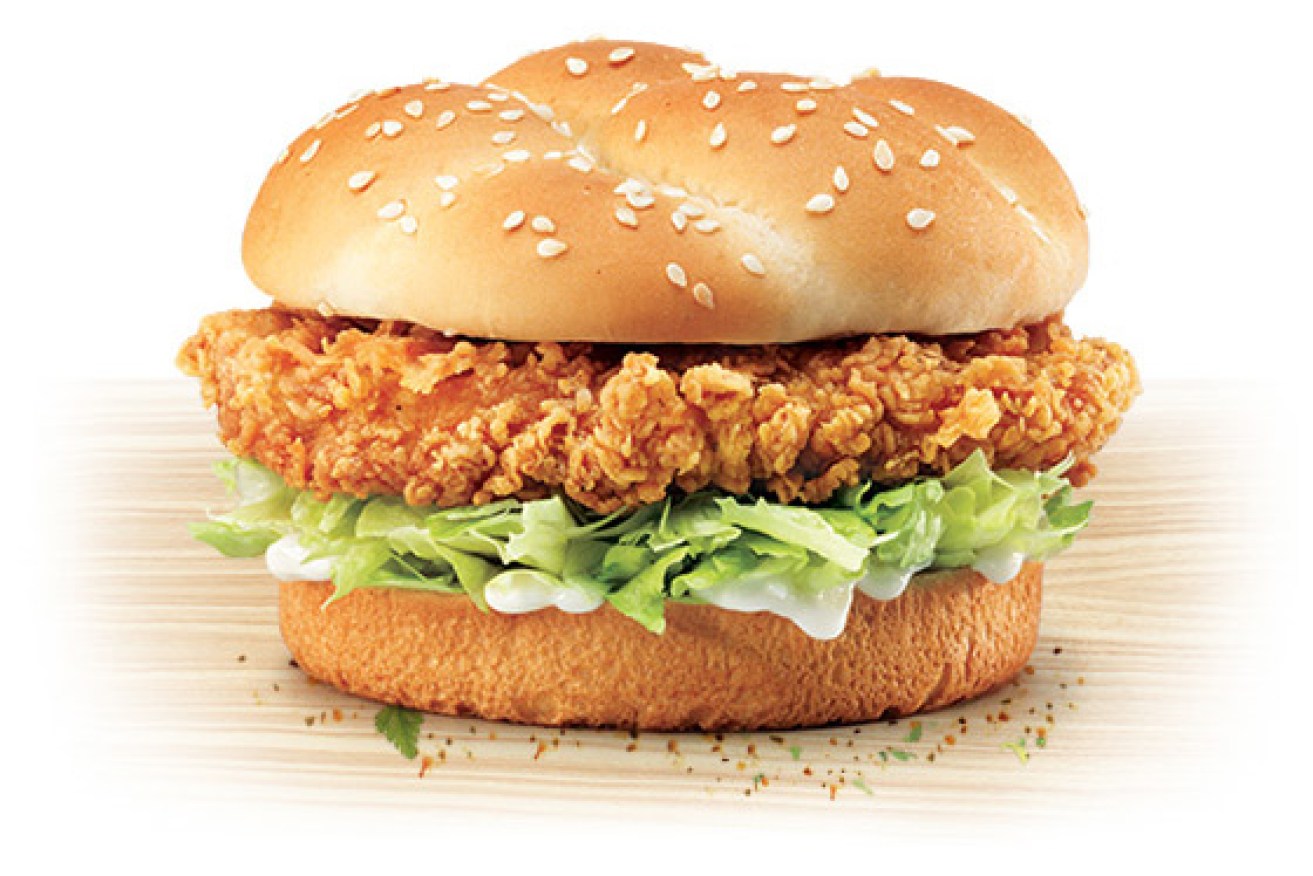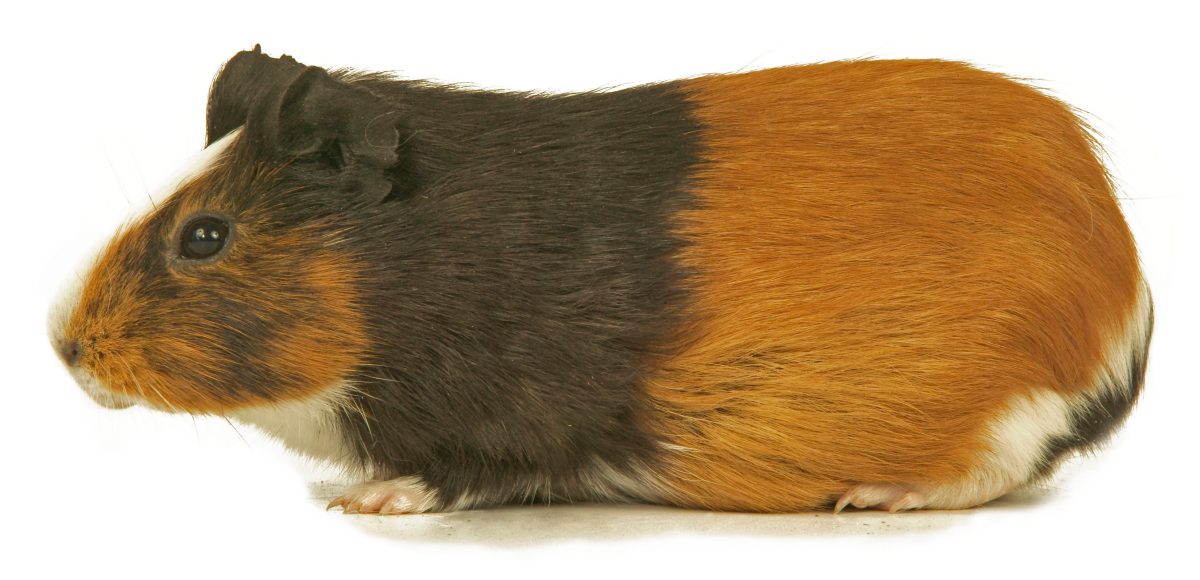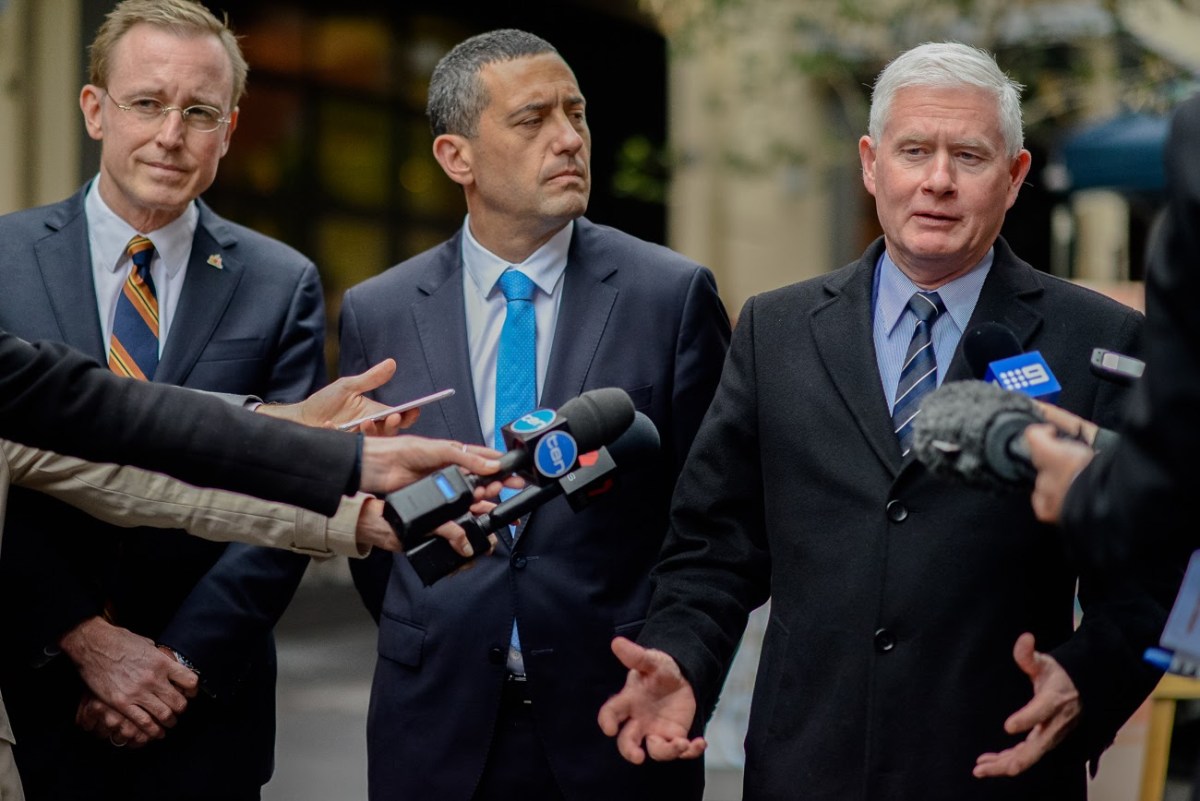Jay’s new policy zinger: SA, the Guinea Pig State
EXCLUSIVE: The State Government is drafting legislation to formalise Adelaide’s status as a “social laboratory”, in a bid to entice innovators to test their products here, InDaily can reveal.

The burger that inspired Labor's new innovation policy. Photo: KFC.com.au
Premier Jay Weatherill has long spoken of his desire to transform SA into a “global test bed for innovative technologies”, but he’s now turning rhetoric into policy – directing Attorney-General John Rau to draw up legislation that will allow companies to effectively road test their ideas on the Adelaide public.
“I’ve asked the Attorney-General to come up with a piece of legislation to promote Adelaide to be essentially a test bed… a ‘living laboratory’ for people that want to come here to trial new ideas,” Weatherill told InDaily.
The Premier’s notion that Adelaide has the ideal profile for what might be termed a Guinea Pig City is rooted in a historical precedent – and it’s a zinger.
Literally.
Weatherill insists that “KFC intentionally decided to trial the Zinger Burger here in SA… which is a rare honour, I suppose you might say”.
“Why did they do that? Because it’s small enough and probably a bit out of the way to say ‘let’s trial this here and if it doesn’t work, well, nobody will notice’.
“And if it does it’s a sufficient sample [size] and Adelaide’s sufficiently ‘everyman’ to take it to scale,” he said.
While Weatherill wasn’t entirely sure whether his KFC theory was fact or urban legend, the multinational appeared to confirm it in a statement to InDaily.
“Product innovation is a key part of our brand,” a spokesman said.
“We have a popular core menu but we also know customers like to try something new every so often. The Zinger was launched nationally in 1991 and has been an iconic burger for over 25 years in Australia.
“Our customers in SA love KFC, and that is why we often use South Australia to trial new products before determining if we launch nationally.”
Weatherill says the fast food giant’s bent “fits a bit of a historic tradition of Adelaide as a bit of a social laboratory”.

Is this the economic future of Adelaide? Photo: AAP.
“The only challenge is to make sure the people who are subject of the experiment consent,” he said.
And John Rau is the man he has charged with determining “the terms of promoting this notion of experimentation to be carried out on our community”.
There’s a sweet spot there – somewhere between bigger cities like Melbourne and Sydney and small towns which don’t have the critical mass to test the thing properly
Rau told InDaily he was currently working on a cabinet submission that he hoped to have ready within a month or two.
“What I’ve got in mind is… fairly high-level legislation which would not be dissimilar to the major events-type model, where you have a specified period and a specified purpose, and certain parameters around that,” he said.
He emphasised that the KFC example was atypical, stressing the potential test product “could be almost anything”.
“It could be methods of marketing… something which really doesn’t have a physical presence at all, or a physical thing like driverless cars,” he said.
“I think we need to leave it fairly flexible… it’s more about doing something a different way.”
And that requires the likely “suspension or modification” of existing rules and regulations, which Rau says could be granted – as it is for major events – for the duration of the market test.
That temporary suspension might also be “limited in geographical location”.
“It might be the CBD, for example… it’s not a change in the general regulatory arrangement, merely a temporary remodification,” he said.
“If you’re testing driverless cars, for instance, there are provisions in the road traffic act – say, that you have to be [physically] in control of your vehicle – that would be an inconvenience… so you’d need some capacity to suspend or modify some regulations, [although] you’d need to put constraints around that, obviously.
“We’d have to be satisfied that public safety was of paramount consideration… I emphasise that none of this would be enabled unless the initial public safety and public interest test was met.
“We wouldn’t be allowing people to do things which were potentially dangerous and put people at risk – that would be completely unacceptable.”
What Rau does accept is Weatherill’s belief that Adelaide is ideally equipped to be an international lab-rat, of sorts.
“I do, for two reasons,” he explained.
“If you’re trying to do it in a place like Melbourne or Sydney, it’s just too big; the management of the thing would become extremely difficult.
“But if you went for a place like Mt Gambier or something, it’s arguably too small, and doesn’t have city characteristics necessary.
“There’s a sweet spot there – somewhere between bigger cities like Melbourne and Sydney and small cities or towns which don’t have the critical mass to test the thing properly.”
Rau says those likely to avail themselves of the legislation would be peddlers of “new technology or innovative ways of doing things”.
He says he’s raised the issue with Adelaide Lord Mayor Martin Haese, given there are likely to be local government regulations that need similar suspension “and we’d want to be all on the same page [to] facilitate this opportunity should it arise”.
“It’s a marketing tool for the city as well,” he said.
“It’s an opportunity to [talk] to people who might be out there with innovative technologies.”

John Rau has spoken with Lord Mayor Martin Haese about “test bed” legislation. Photo: Nat Rogers, InDaily.
Ironically, given the Government’s ongoing spats with ride-sharing disrupter Uber, such a piece of legislation would have allowed the company to – literally – road-test its controversial X-service had it been in place when Uber entered the market over a year ago.
Beyond ride-sharing and driverless cars Weatherill sees innovators in the burgeoning medical devices industry finding a ready-made market to test their products in SA, given the notoriously high aged-population demographic.
He also sees the CBD as a selling point: a “social geographical entity, which is discrete and surrounded by parklands”.
“There’s also good collaboration between state and local governments – [internationally] the notion of state and local government being in complete and total agreement is not common,” he said.
“We’re saying: Come to SA… we’re open to new ideas, open to trial your products, you’ll have a cooperative political and community environment in which to do these things.
“This is a long-term proposition to try and capture some of these business opportunities that create prosperity.”




